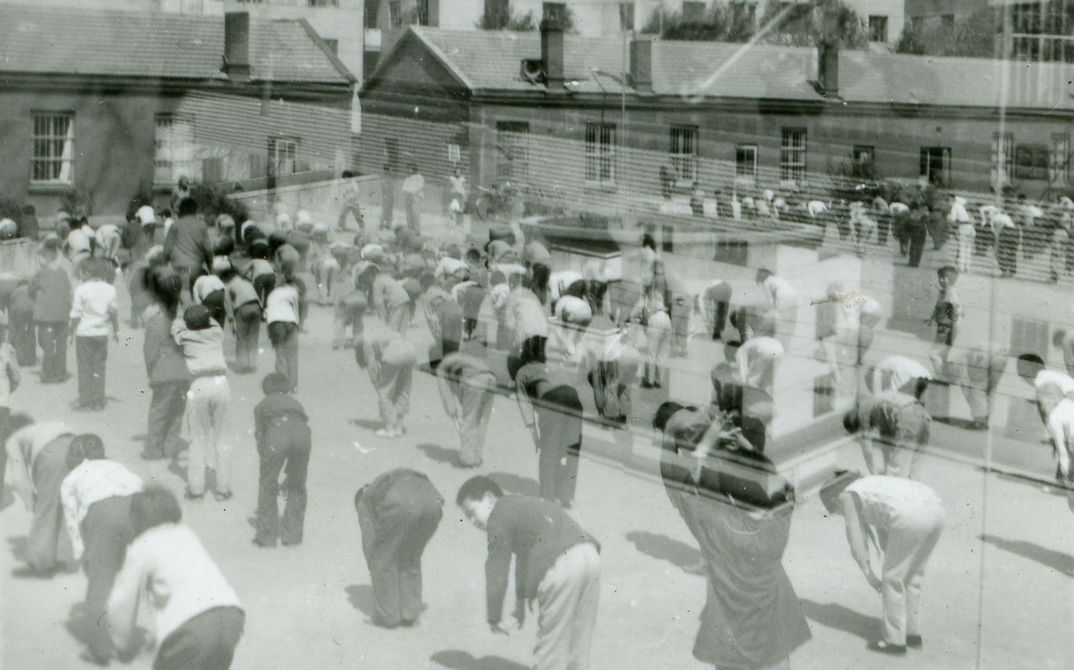In the early days of the People's Republic of China, rural projectionists used to bring agricultural educational films and newsreels to the countryside for public screenings. Before the film, a projectionist would show photographic slides and explain their content to the rhythm of bamboo clappers. On the one hand, this form of clapper talk enhanced the propaganda, as the rhyming narration made the boring static slides look light and lively. On the other hand, this voiceover possessed a kind of authority or discourse to guide the audience to understand the images. It even directed the emotions with which they were supposed to perceive the images.
The voiceover in my film BREATHLESS ANIMALS (2019) is a conversation between my mother and me. I edited the recorded interviews in a disjointed and disconnected way. The voiceover is often unable to complete the narrative. There is often no full dialogue, but rather words or short phrases instead. At other moments, the narrative logic just established by the voiceover is interrupted by white noise and sound effects. I found it interesting to deal with the audio effects in this way during the editing: the voiceover also becomes part of the music and the sound design of the film, or the white noise and sound effects used in the film can also be regarded as a voiceover.
The audience might think, “The tedious family conversations don't seem to be interesting”, or “Don't trust what he/she says in the film.” It seems that I would prefer to make the audience question the content of the voiceover and eliminate the authority or discourse it brings. On the one hand, our access to spectacle is too straightforward in our daily life and on social media, and the audience does not need a voiceover as a guide to help understand these images. On the other hand, if the clapper talk of the rural projectionist is a kind of performance, the incoherent editing of the voiceover in my film could also be considered as a performance or presence instead of just documenting. The voiceover, music, ambient sound, moving images and still images all become the performer's material, like a ping-pong ball thrown at random, waiting for the audience in the cinema to respond.
Lei Lei, born in the People’s Republic of China, is an independent animator and artist based in the US. He has made several award-winning short animation films and has been teaching animation at CalArts, Los Angeles, since 2018. BREATHLESS ANIMALS, his first feature-length film, made its world premiere at the Berlinale Forum 2019. THAT DAY, ON THE RIVER screens at this year's Forum Expanded.

